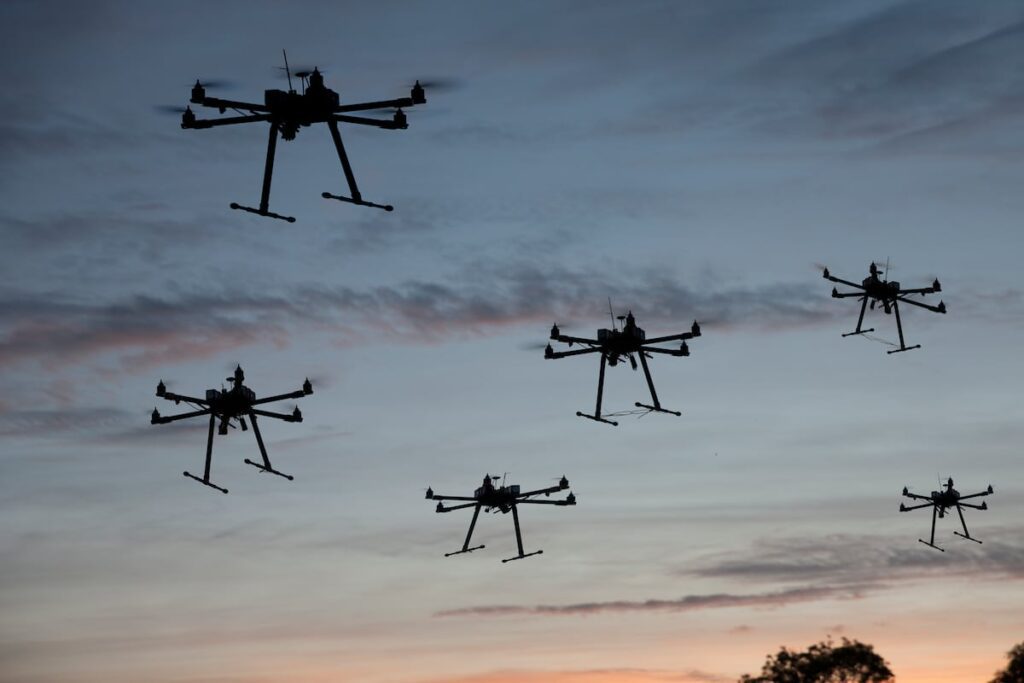Defense technology company Anduril Industries announced this week that it is partnering with OpenAI, the creator of ChatGPT, to use the company’s artificial intelligence models to improve the U.S. military’s ability to protect its bases and personnel against drone attacks.
“Anduril and OpenAI will explore how to leverage cutting-edge AI models to quickly synthesize time-sensitive data, reduce the burden on human operators, and improve situational awareness.” Anduril said in a statement on Wednesday. “These models, which will be trained on Anduril’s cutting-edge CUAS threat and operations data library, will help protect U.S. and allied military personnel and ensure mission success.”
The companies did not disclose whether any funding was attached to the deal, continuing a recent trend of large AI companies partnering with the defense industry. In November, Anthropic and Palantir announced they would work with Amazon Web Services to sell Anthropic’s AI models to defense and intelligence agencies.
The partnership comes amid growing concerns about armed drones, which have been used against U.S. and allied forces in the Middle East and Ukraine.
In June, the Defense Intelligence Agency reported that a series of attacks by Iran-backed groups on transport ships in the Red Sea affected 65 countries and 29 major energy and shipping companies.
The Pentagon is working to bring cutting-edge counter-drone technology to military services across the second phase of its Replicator programcreated to circumvent slow acquisition processes that prevent the Department of Defense from adopting and evolving technology.
Anduril is under contract to provide hardware and software for the first iteration of Replicatorwhich is on track to deploy thousands of small drones by next summer. The company also announced a $250 million contract to deliver 500 of its Roadrunner counter-drone systems to an anonymous customer of the Ministry of Defense.
And earlier this week, the Pentagon’s Chief Office of Digital and AI awarded Anduril a $100 million contract to increase production of its Lattice Mesh network capacity. The Department of Defense already uses the data distribution platform on a small scale, but the three-year CDAO contract will make it available to all services and combatant commands.
Courtney Albon is C4ISRNET’s emerging space and technology reporter. She has covered the U.S. military since 2012, focusing on the Air Force and Space Force. She reported on some of the Department of Defense’s most significant acquisition, budget and policy challenges.


